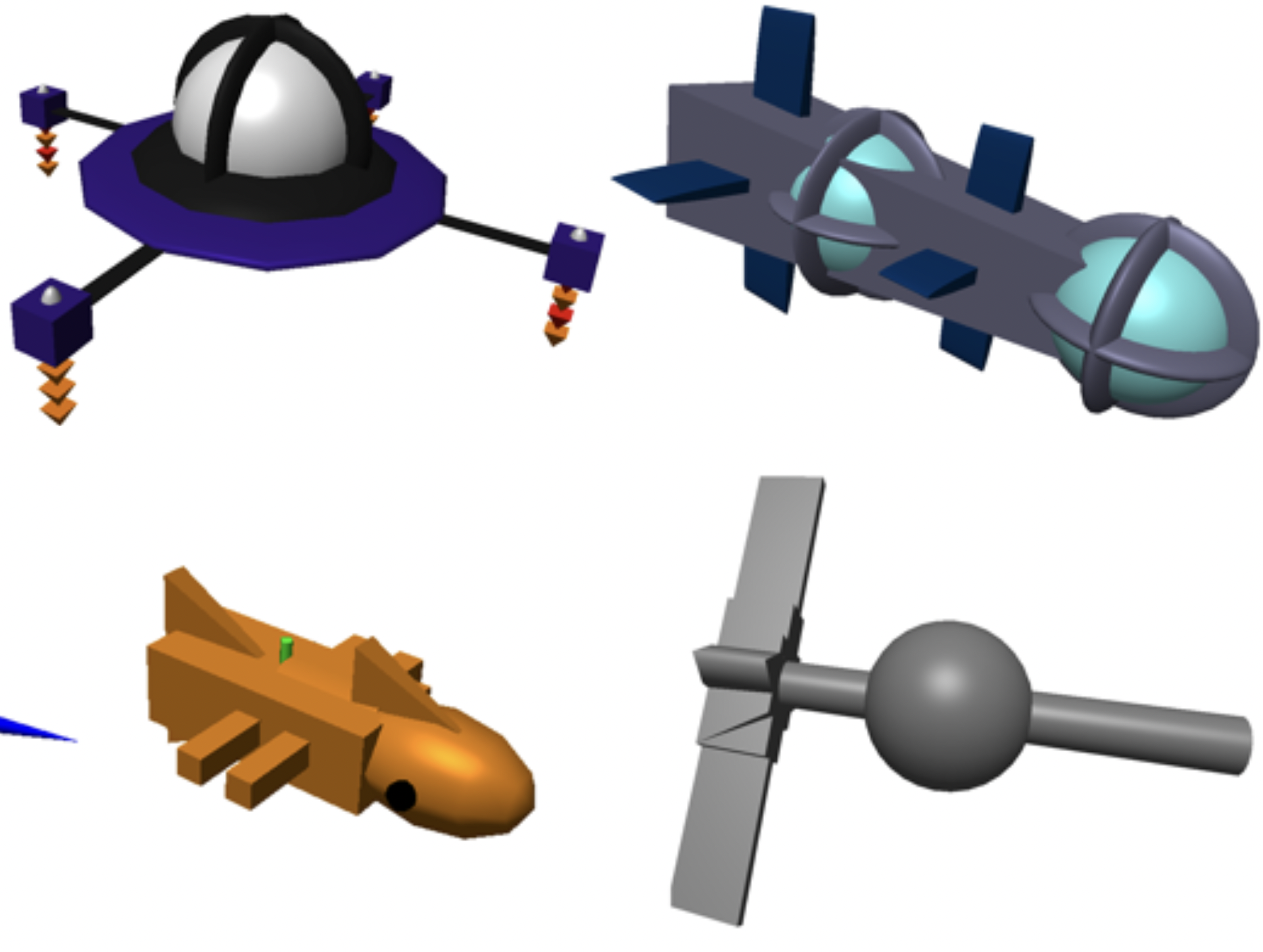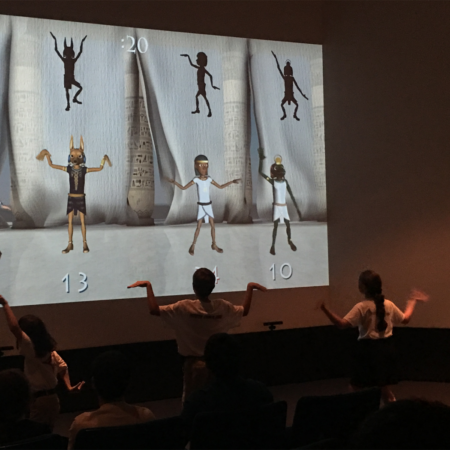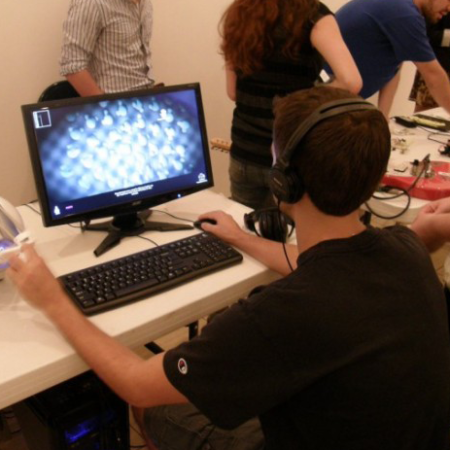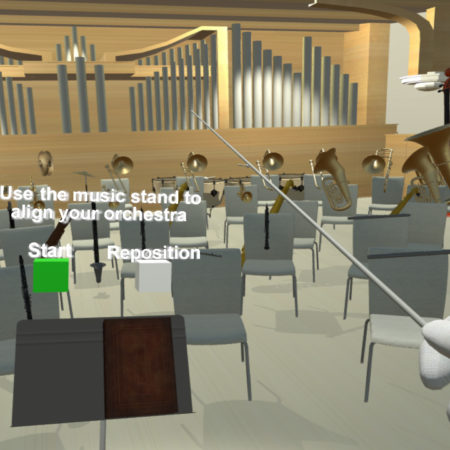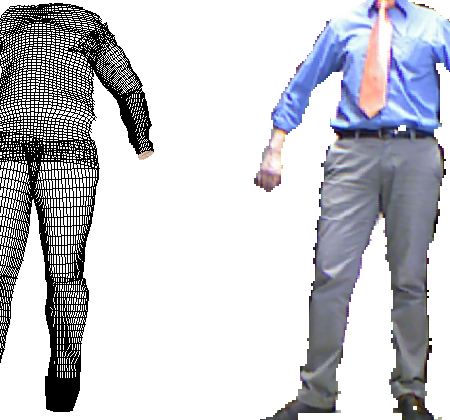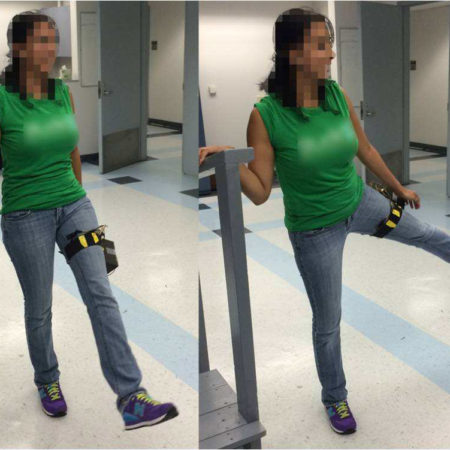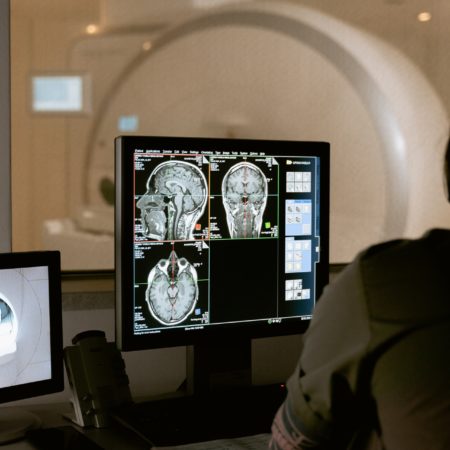Developing Mini VR Game Engines as an Engaging Learning Method for Digital Arts & Sciences
13th IEEE Integrated STEM Education Conference, March 11, 2023, pp. 33-36. https://doi.org/10.1109/ISEC57711.2023.10402239
Description
Digital Arts and Sciences curricula have been known for combining topics of emerging technologies and artistic creativity for the professional preparation of future technical artists and other creative media professionals. One of the key challenges in such an interdisciplinary curriculum is the instruction of complex technical concepts to an audience that lacks prior computer science background. This paper discusses how developing small custom virtual and augmented reality game engines can become an effective and engaging method for teaching various fundamental technical topics from Digital Arts and Sciences curricula. Based on empirical evidence, we demonstrate examples that integrate concepts from geometry, linear algebra, and computer programming to 3D modeling, animation, and procedural art. The paper also introduces an open-source framework for implementing such a curriculum in Quest VR headsets, and we provide examples of small-scale focused exercises and learning activities.
Additional information
| Author | Barmpoutis, Angelos, Guo, Wenbin, Said, Ines |
|---|---|
| Journal | 13th IEEE Integrated STEM Education Conference |
| Month | March 11 |
| Year | 2023 |
| Pages | 33-36 |
| DOI |
Citation
Citation
BibTex
@article{digitalWorlds:614,
doi = {https://doi.org/10.1109/ISEC57711.2023.10402239},
author = {Barmpoutis, Angelos and Guo, Wenbin and Said, Ines},
title = {Developing Mini VR Game Engines as an Engaging Learning Method for Digital Arts & Sciences},
journal = {13th IEEE Integrated STEM Education Conference},
month = {March 11},
year = {2023},
pages = {33-36}
} 